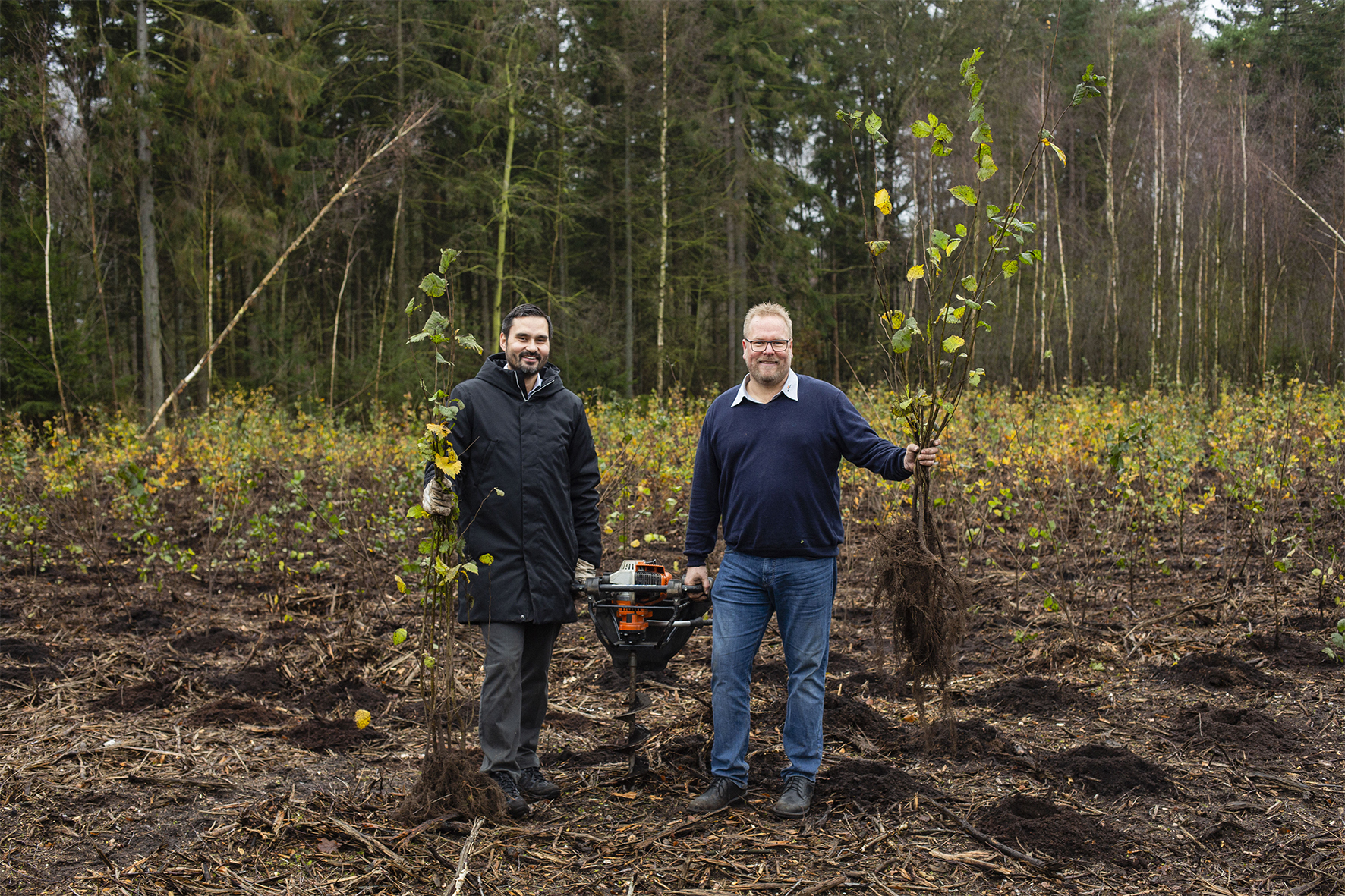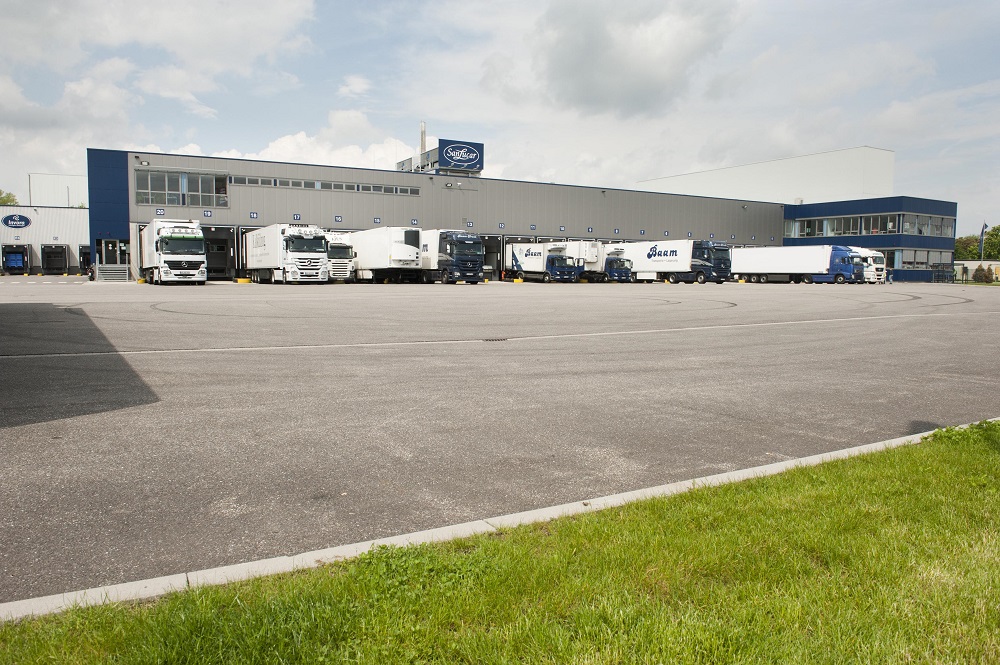Ambroise Bouvier Transports, based in St Pierre des Landes, is taking full advantage of the new version of the Co-Driver application. A long-time user of AddSecure’s fleet management solutions since 2014, Ambroise Bouvier now benefits from the the updated Co-Driver application, deployed since March 2020.
A multi-activity company with five agencies specializing in full-load transport, pallet collection and distribution, cold transport, transport management, and logistics, Ambroise Bouvier has 420 vehicles connected via the Co-Driver application. The migration from the old AddSecure solution to Co-Driver has enabled the company to upgrade and benefit from new technical and operational functionalities.
“Via a more reliable and high-performance on-board device, Co-Driver offers better truck positioning accuracy, which enables more efficient driver guidance, as well as better network coverage with fewer ” blank zones ” and more reliable real-time data feedback,” says Yves Le Bourdoulous, the Information Systems Manager at Ambroise Bouvier Transports. “The system is operating successfully and has received strong support from our teams and drivers. Co-Driver provides vehicle tracking with timeline analysis of a journey, driver name and driving times. The dispatcher keeps track of all the resources on the same tool. This makes it possible to generate very good scores for the connected trucks.”
Benefits from the new Co-Driver version:
Drivers now use the Co-Driver application on smartphones. They have easy access to their personal data (driving and rest times), messages from the dispatcher, and their eco-driving score. The eco-driving index, set up with the AddSecure team, is based on the analysis of indicators (overspeed, idling, harsh braking, rollout and coasting). Co-Driver also provides information on empty kilometers and CO2 emissions. The human resources department retrieves on D+1 the legal files of the vehicles and drivers in order to establish salaries and calculate fees. Previously, the time limit for collecting the legal files was 7 days.
With Co-Driver, fleet managers and the workshop service can control the connectivity of the onboard computers, and get the mileage performed. This data simplifies the follow-up of maintenance to prevent breakdowns, and ensures good connectivity is maintained.
“Thanks to the fleet’s connectivity and geo-location, Co-Driver offers a real-time vision of the available resources and makes it possible to adapt and harmonize the workflows. The application’s interface has been improved to offer better performance and integrates new functionalities. The AddSecure solution is particularly simple and fast to deploy with an average installation time of 30 to 45 minutes per vehicle, depending on the brand. We also benefit from AddSecure’s excellent assistance and the daily support of the project manager,” continues Yves Le Bourdoulous.
In the near future, Ambroise Bouvier Transports will deploy the advanced fees calculation and salary administration functionalities. And an interface with their TMS software is going to be implemented to send mission data and roadmaps directly to the drivers’ smartphone application.











